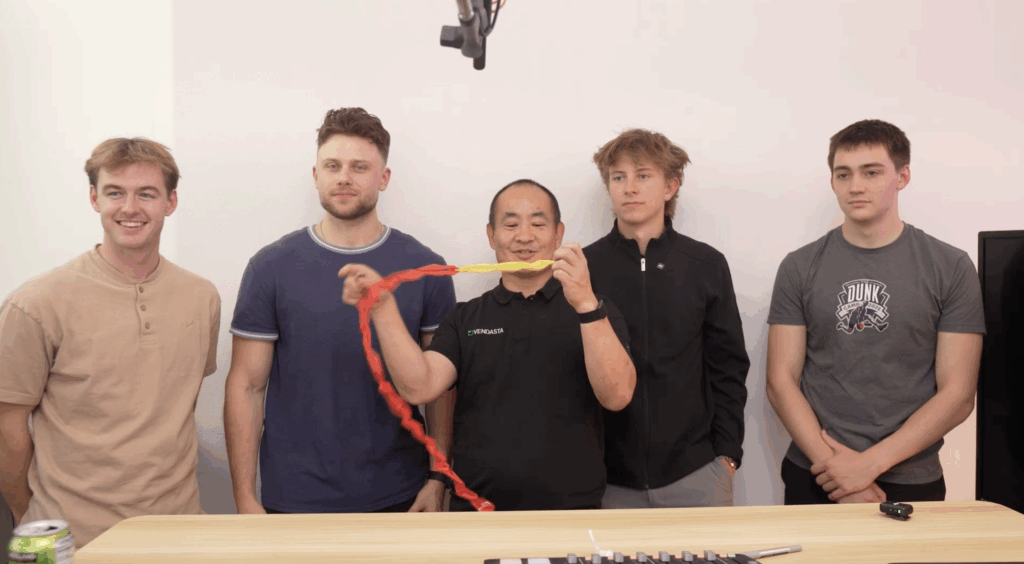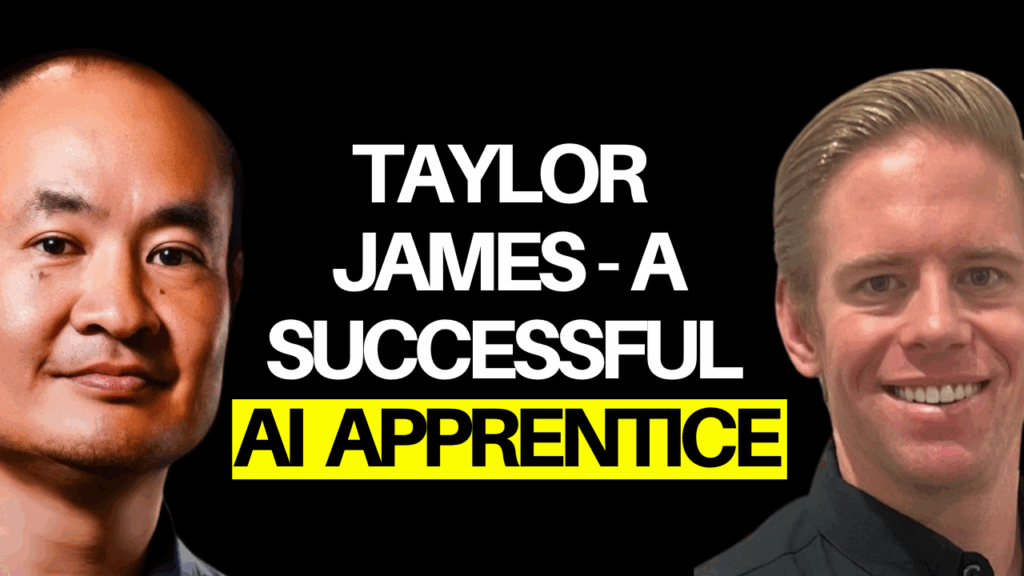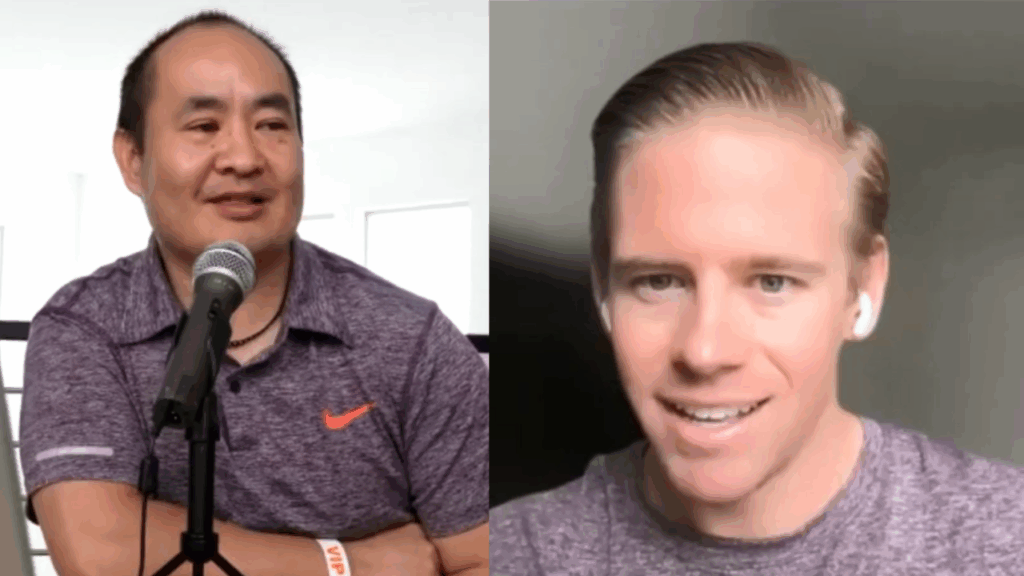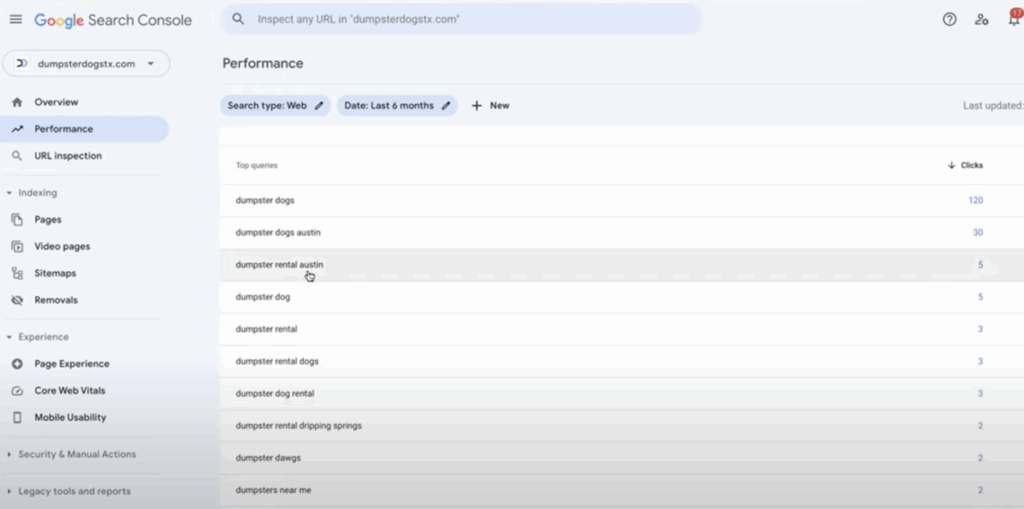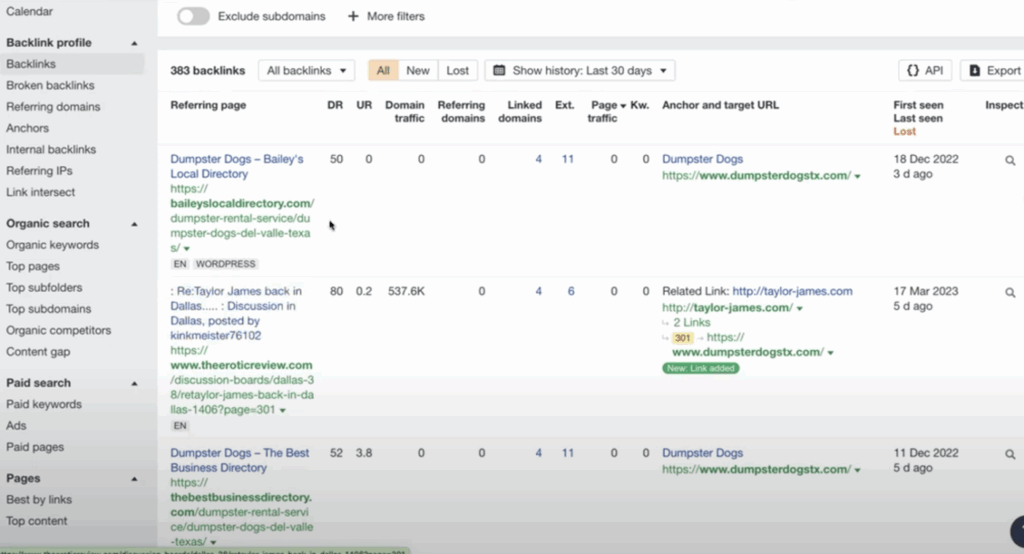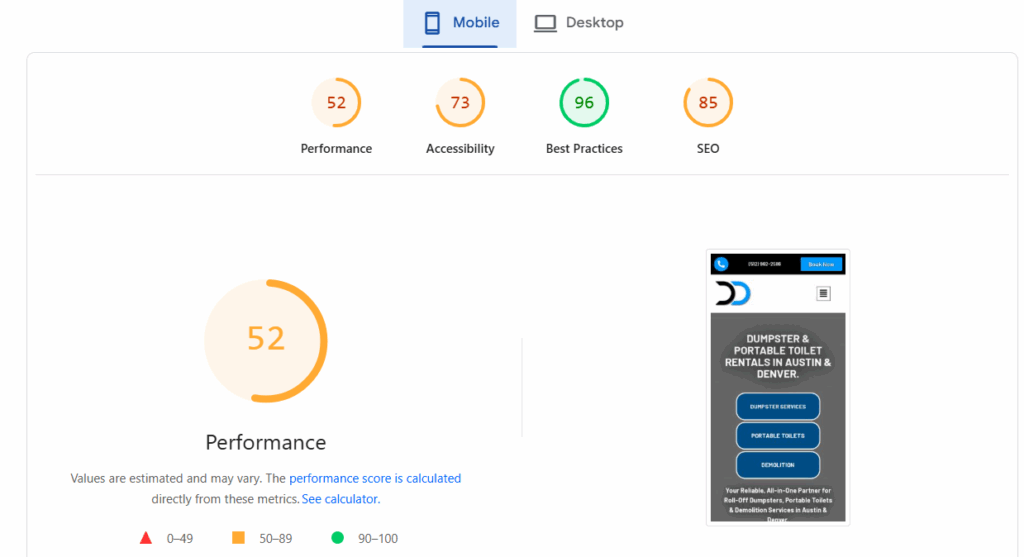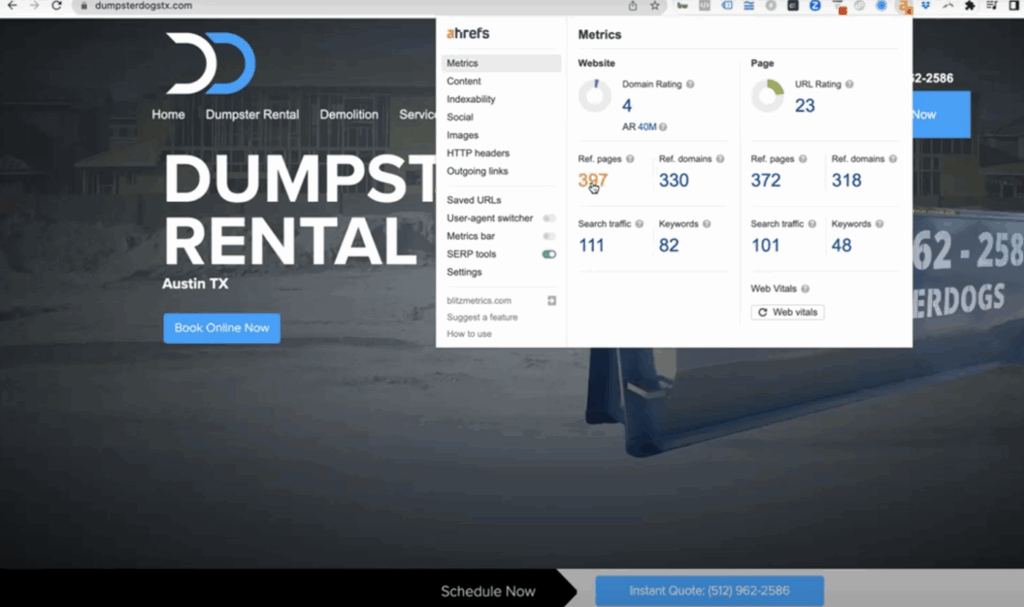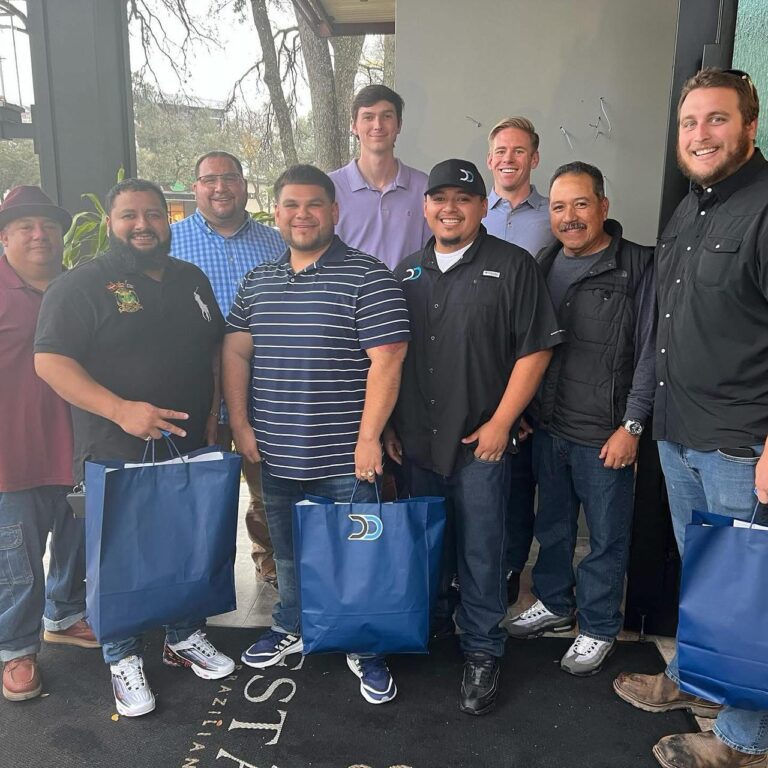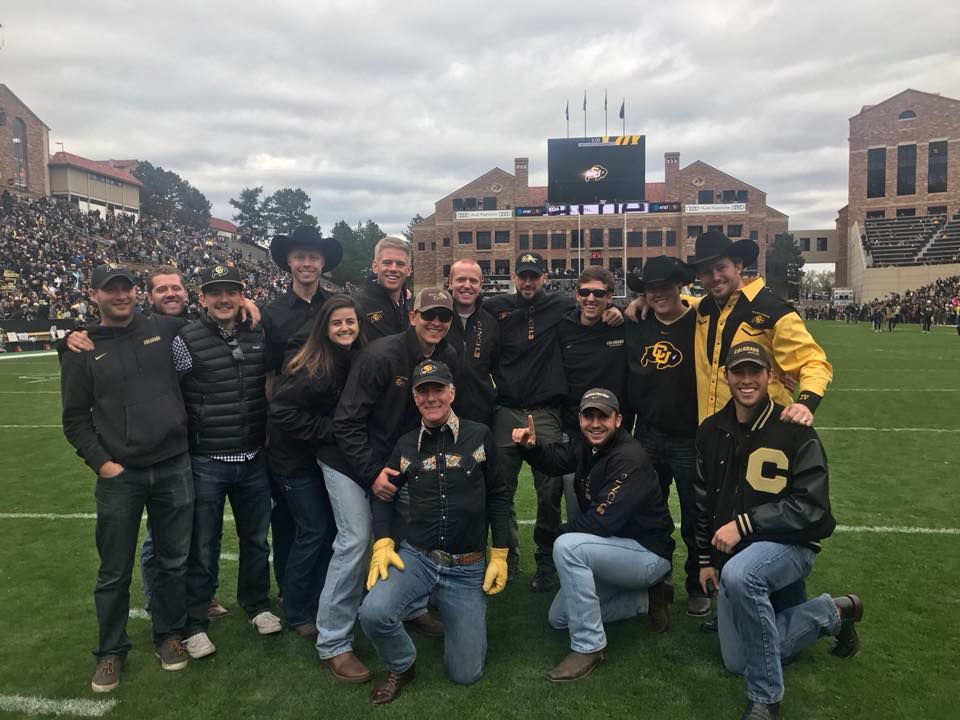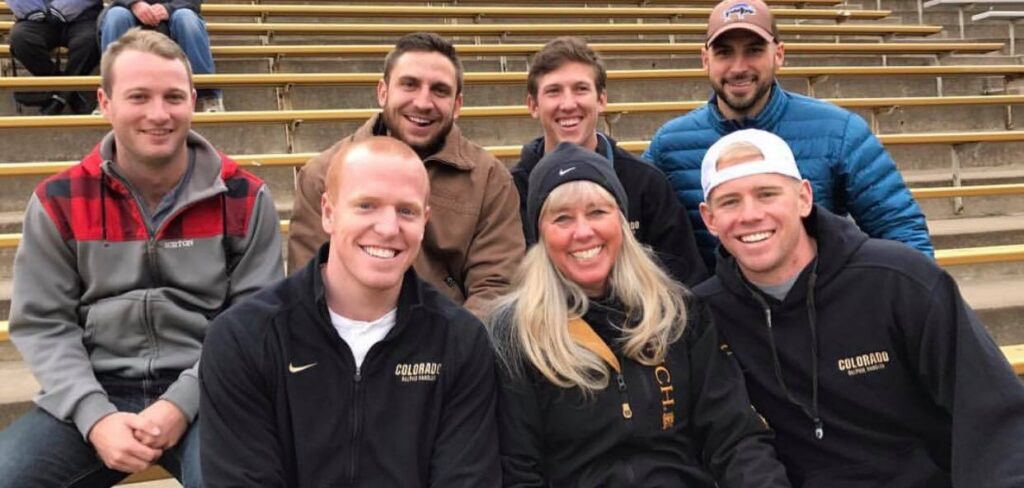Young Entrepreneurs: Stop Waiting and Take Action
If you’re a young entrepreneur trying to build a personal brand, you’re not “behind.” Most of the time, you’re simply stuck at the starting line.
This YouTube video was filmed in Las Vegas with the High Rise Influence team, and they walk through a real coaching moment with a young entrepreneur named George Paladichuk who is the founder of NaiL, An A.I. company for home services, and they explain why the reason most young adults don’t move forward has less to do with a lack of resources and more to do with hesitation and over-prep.
Video Context: What Happened With George
George joined the AI Apprenticeship Program by paying for it himself (not a scholarship, not a parent, not a free trial). That’s relevant because it signals commitment—and it usually means the person is willing to follow through when they get direction.
A week earlier, George told the team he wanted to start creating content, but he felt like he needed a full setup first:
- a whiteboard
- a camera
- “the right equipment”
- a perfect place to record
Instead of letting him stall, the team told him something simple:
The team’s message is direct:
“You just got to get started.”
When they checked back in, the results were immediate.
The Biggest Problem: Self-Limiting Beliefs (Not Skill)
This is a pattern you see over and over with young entrepreneurs: progress comes from publishing consistently and building a repeatable routine—not waiting for perfect conditions.
The entrepreneurs who move fastest don’t “prepare” for months. They start posting, get feedback, and improve in public.
This mirrors MAA (Metrics, Analysis, Action), because once he started posting, he finally had real data to work with. He could look at what was performing, what wasn’t, and then make adjustments and take action to improve. But if he never posted in the first place, he wouldn’t have any metrics to analyze—and nothing to improve on.
The team calls out the most common pattern they see in young entrepreneurs:
- they overthink
- they wait until they feel “ready”
- they assume they’re too young to be taken seriously
That turns into self-limiting beliefs like:
- “I’m too young for this.”
- “They know more than me.”
- “People will look down on me.”
- “I need to have everything figured out first.”
The problem isn’t the belief itself—it’s what it does.
It delays execution.
George Posted 5 YouTube Videos
George stopped planning and started publishing.
By the time the team talked to him again, he had already posted five YouTube videos.
That’s the shift most people never make.
Most people stall on video #1.
George posted five and kept moving.
The Team Promoted His Videos (Same Day)
George didn’t just post and hope.
The team helped him promote the videos the same day.
That matters because content alone isn’t enough—you also need distribution. If something is working, put a little extra push behind it so it reaches the right people faster.
The best way to do this is using the Dollar a Day system which is a proven amplification strategy used to turn existing credibility, content, and customer trust into consistent visibility, leads, and sales without gambling on large ad budgets or guessing what works.
The team didn’t just tell George “good job.” They helped him push the content in the right direction and get distribution.
Promotion is the final stage of the Content Factory and it’s what turns content into:
- Reach
- Conversations
- Opportunities
George Booked 8 Podcasts With Big Names
George took the next step that actually creates opportunities: conversations.
The most important part of the story wasn’t the five videos.
It was what happened next.
George booked eight podcast interviews with major players in his industry—people the team described as “titans.”
Not acquaintances.
Not friends.
People he didn’t already have access to.
100% Conversion Rate on Cold Outreach
George reached out to eight high-level people.
All eight said yes.
That’s a 100% conversion rate from cold outreach.
Jack Wendt pointed out how rare that is:
“Since when have you heard of a cold email campaign that had a 100% conversion rate?”
Most entrepreneurs assume cold outreach doesn’t work.
It works when:
- the ask is clear
- the message is honest
- the person reaching out shows initiative
Why Being Young Can Actually Help You
A lot of young entrepreneurs treat youth as a disadvantage:
- “They won’t respect me.”
- “I don’t have credibility yet.”
The team argues that youth is a double-edged sword.
It can feel like a disadvantage at the beginning.
But when you reach out to established people who are already successful, many of them are open to helping because:
- they remember what it was like starting out
- they recognize effort
- they respect initiative
In other words, youth can work in your favor when your execution backs it up.
The Actual Lesson: Execution Creates Credibility
George didn’t need a long track record to get responses—he needed visible work and a clear request.
In this case, the proof was simple:
- five YouTube videos already published
- outreach that led to eight podcast bookings
That sequence makes it easier for other people to take him seriously because they can see what he’s doing and where he’s headed.
What to Copy If You’re Starting From Zero
- Let results build your confidence
- Publish before you “upgrade”
- Aim for volume early
- Use content as proof, not performance
- Reach out to people above you
- Don’t assume “no” before you send the message
Final Takeaway
A lot of young entrepreneurs don’t fail because they lack talent.
They fail because they lack commitment.
George had commitment because he paid for the program himself—and then proved it by posting the videos and doing the outreach.
And because he was inside High Rise Academy, he also had direct coaching and feedback as he started putting content out.
This helped him post and promote the videos, sent the outreach, and book conversations.
That’s the difference between staying stuck and building real momentum.

